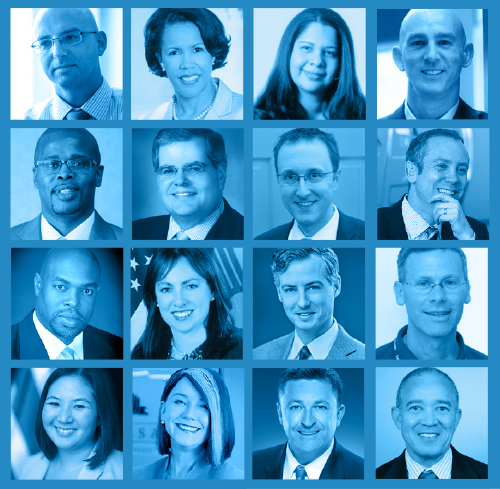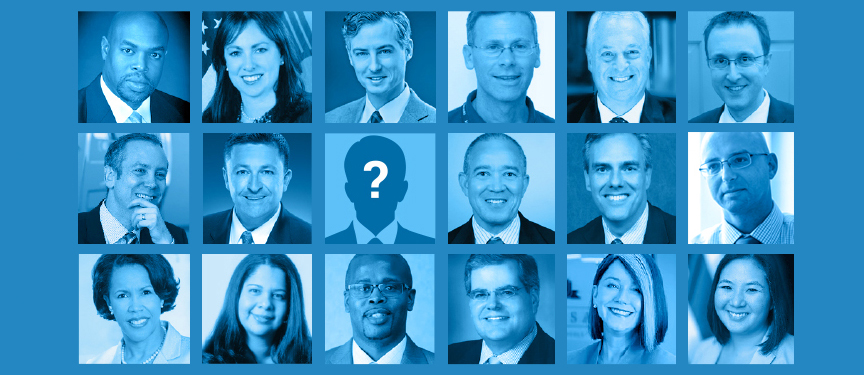
SUBSCRIBE
TO MONTHLY UPDATES
We'll send you information that
will keep you up to date on CFC

By Mike Magee | CEO, Chiefs for Change
Educators in America are the children of a messy divorce.
Over a period of 20 years, tens of thousands of teachers left our traditional public school systems for new, more autonomous public schools. If the original separation looked like it might prove amicable, the divorce itself was toxic. And as is usually the case, the fights tended to be about money, real estate and custody of the kids. Nobody felt listened to or supported. The rhetoric got wildly overheated, the friends chose sides, and the kids got caught in the middle.
But here’s the thing. The kids are all grown up now. They are today’s generation of young teachers and principals. And they have all the power in the world to call a family meeting and put an end to their parents’ nonsense.
Here are some ground rules for such a meeting:
1. Stop using words that make each other see red. Words like “union” and “charter” are so twisted from years of mischaracterization that they have lost their value in a civil conversation about schools.
Get beyond them to meaningful distinctions that allow teachers and principals to make decisions without ideology forcing their hands. Have that conversation.
2. Put the cards on the table. Some teachers sign individual contracts and some teachers’ contracts are collectively bargained. Whether that distinction matters is entirely dependent on what those contracts empower teachers to do or restrict them from doing.
What do the contracts actually say about compensation and benefits, responsibilities, work schedule, evaluation, opportunities for professional growth, career ladders, retention, decision making? In 2016, what should be in a contract and why?
3. Talk about how schools should be led, managed and governed. Who should be allowed to open a new public school and under what conditions? In what ways do those decisions impact teachers, parents, the community, and, most important, students? What rules and processes should determine enrollment?
No one has to say “charter”—a term never really understood by the public—to arrive at rich answers to these questions.
4. Talk about your feelings. A conversation among teachers and principals, across the divide, about their triumphs and challenges, hopes and fears, would do everyone a world of good. It would be therapeutic, to say the least, to talk about how the distraction of politics has impacted life in the classroom.
5. The most important rule of all: Talk about the students. Don’t repeat the cycle of making education discussions all about adults. Every teacher is a practitioner. They want to talk about teaching. I have been lucky enough to see these conversations in action.
I know every teacher loves to talk about his or her students—the brilliant ones, the struggling ones, the funny ones, the different ones. Start there. Principals and teachers always have great success stories to tell about how they’ve seen students grow. Maybe that common ground can enliven and elevate the discussion.
After a divorce, there’s no value in continuing to argue about what happened or why it happened. Those kids from that education divorce—the ones leading our schools and teaching in our classrooms today—are smartly saying that arguing won’t solve anything, and it won’t help students.
So let’s take a break from the shouting and door-slamming. Let’s listen to each other. Let’s try to have a real, rational conversation—one that includes students!—about what students need and how we’re going to give it to them.